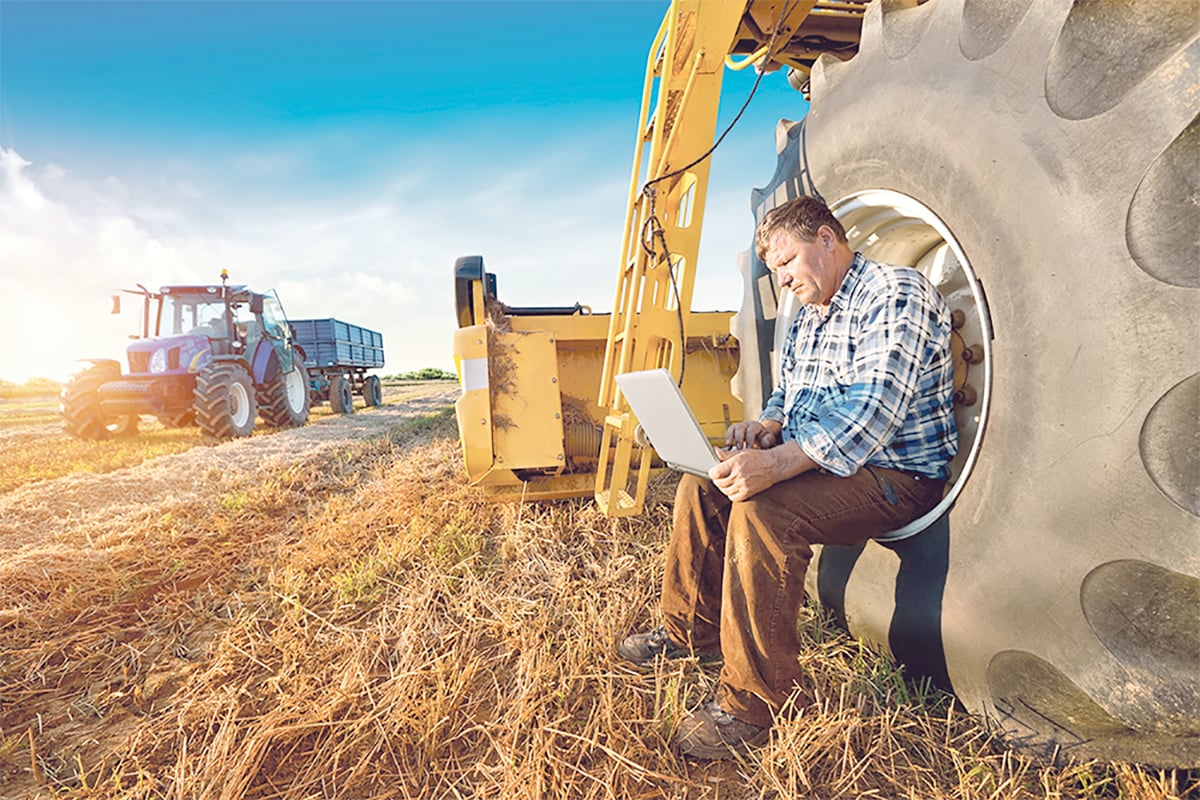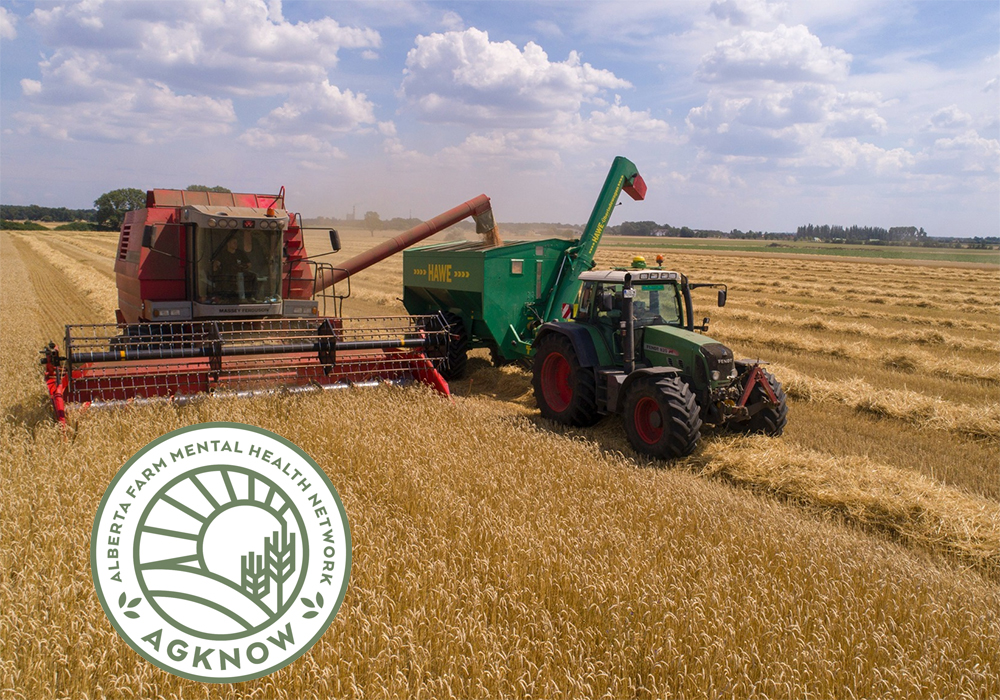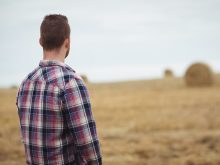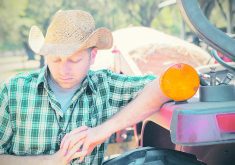As part of her research, Linda Hunt wanted to know what mental health services were available to Alberta farmers and how they could be found.
For the next few days, Hunt bounced between government and private agencies, associations and departments trying to piece together a picture of the available services for farmers.
Farmers had told her they didn’t know if they should book an appointment with a psychologist, psychiatrist or a counsellor. Would the costs be paid by the province, or out of their own pocket?
Read Also

Communication key to bridging generation gap
Each generation is shaped by the predominant forces at play during their formative years. Acknowledging these influences can improve communication among the generations.
“I did a lot of phoning to find out. I don’t want that to happen to other people,” said Hunt, the program director for AgKnow, the Alberta Farm Mental Health Network.
“I am hoping AgKnow becomes the place where farmers that are looking for help can quickly and easily find the support and information they need to make the right decisions for themselves and their farm,” said Hunt.
“We want to just get the word out that we are the Alberta approach to farm mental health. We want to sift through all the rhetoric and make it easy to digest and easy to find.”
As of the beginning of February, information on how to find a therapist, including details on how to access two free sessions, understand the latest research on farm mental health, how to talk and how to listen to people with mental health issues is available on the AgKnow website.
While part of the AgKnow website and information is dedicated to helping farmers and farm families find help, it’s also aimed at helping organizations like Alberta Health Services and the Canadian Mental Health Association learn how to deliver their programs in rural areas.
Putting up a poster for an event and hoping farmers show up to talk about their troubles may not work. Through their research and interviews with farmers and industry associations, Hunt and her team have helped groups like AHS find the best way to deliver mental health services to rural areas.
“These organizations have the money available, but they’re not getting traction in the rural areas.”
Even choosing the right words is important. Farmers might not connect when talking about mental health problems, but they understand about stress from long hours, machinery breakdowns, finances, family troubles and volatile markets.
The website includes steps on how to begin talking about mental health, how to initiate conversations and how to actively listen, research on the best practices around community engagement and recommendations to design the best policies.
Hunt said they hope to develop effective ways to handle and talk about large-scale culling of animals because of BSE, chronic wasting disease or avian influenza through discussions with government, veterinarians and livestock producers.
Hunt is also writing a five-year grant proposal to continue their work when their funding runs out in March. She hopes some research funding will allow their work to continue until more secure funding is found and charitable status is granted.
“I think this program will make a difference and I am happy to be part of it.”















